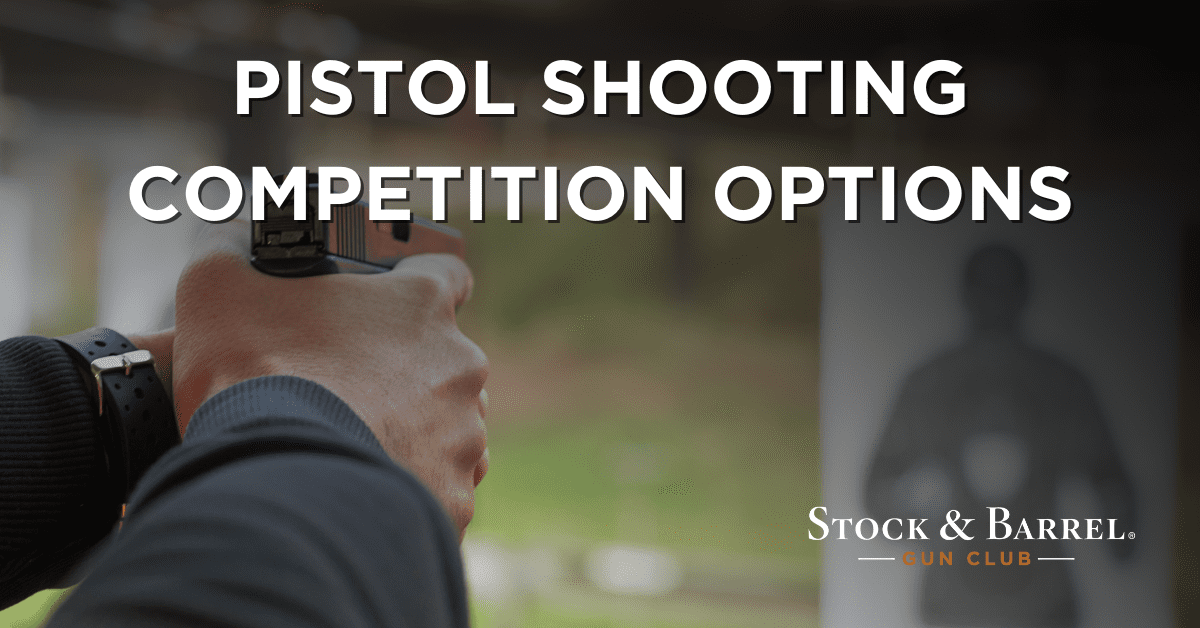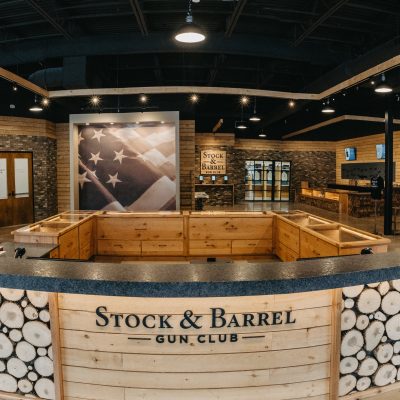Competition shooting hit its stride in the 1980s, and recently, it has seen a massive resurgence thanks to the media and a new generation of shooters pushing the limits of what was ever thought possible. There was a time that a Bill Drill (draw and fire six rounds to the A zone of a standard IPSC silhouette) couldn’t be done faster than two seconds. Now, there are people who can do it in under two seconds on demand multiple times. Along with that, the field of competitive options has also morphed. Here are a few different organizations, along with their upsides and downsides. Hopefully, this will help you find the organization that best suits your needs.
The progenitor of it all, IPSC, or the International Practical Shooting Confederation, was founded in late May of 1976 in Missouri. The first president was the pernicious Jeff Cooper, who is best known for introducing the modern shooting stance as we know it today and founding Gunsite in northern Arizona. His introduction of this shooting stance was revolutionary for its time, emphasizing two hands as opposed to the one-handed shooting, which was prevalent until that point. IPSC focuses on a competitive style of shooting utilizing multiple firearms platforms (also known as multi-gun), including pistols, and is the European arm of competitive shooting. There are IPSC matches that are specific to pistols as well. These matches are relatively predictable in how you start the shooting process, with minor variations introducing different difficulty levels. The “walls” in these types of matches can be seen through, which is different from other styles, such as IDPA, which we’ll touch on later. USPSA and IPSC are similar styles of competition shooting, with USPSA being more widespread in the USA. IPSC has roughly 75,000 members at the time of this article being written.
USPSA, or the United States Practical Shooting Association, per its name, was founded in 1984 also by Jeff Cooper to meet the desire for competition options in the United States. Taking queues from the success of IPSC in Europe, USPSA is also an organization with a wide range of matches centered around multi-gun with pistol-specific matches as well. Pistol matches tend to be more prevalent in USPSA due to the ability of civilians in the United States to more readily purchase and own handguns. USPSA matches are broken down into various levels and classifications for shooters. The match level determines the difficulty, and a classification is assigned to an individual shooter based on them having shot a match known as a classifier. Classifications run from A-D, just like grades in school, with Master and Grand Master being the subsequent highest classifications. For many, becoming a Master or Grand Master in a class takes years. You can also classify it into multiple divisions. Divisions are broken up by the equipment a shooter uses. Based on equipment choices that will determine your division. After you shoot a classifier, you’ll be given a classification (GM, M, A, B, C, D). You can rank up in classes by shooting subsequent classifiers and performing better or performing consistently outside your classification at standard matches. USPSA has roughly 37,000 members at the time of writing this article.
A note: IPSC and USPSA competitions can be physically demanding. Before investing money into a competition setup, it is always a good idea to visit a local match and speak with the competitors.
IDPA, or the International Defensive Pistol Association, was founded in 1996 in Texas as a way to bring more practical shooting into competition. While IPSC and USPSA are focused on competition, and the equipment is often more focused on performance and less on someone carrying it daily, IDPA equipment divisions frequently incorporate clothing to cover handguns and draw firearms from concealment. There are also divisions for open carry. Per its name, IDPA does not feature multi-gun competition and is strictly pistol-focused. What makes IDPA unique is how it often utilizes wooden walls, which the shooter cannot see through, simulating a more realistic shooting environment. IDPA also introduced more variety in the starting positions of handguns. Whereas IPSC and USPSA often start with pistol holsters, IDPA can have you starting with an unloaded pistol, a pistol in a box, on a table, and having to start, end, or at any point through the stage shooting one-handed or with both hands. A credit to IDPA in this respect, IPSC, and USPSA matches now feature these variations on start positions more frequently. The current number of IDPA shooters isn’t fully known at this time.
Determining which form of competition suits you best can be a challenge. You’ll first want to talk to your local ranges and utilize www.practiscore.com to see what’s in your area. It’s highly recommended that you speak with the staff at Stock and Barrel not only to seek out matches near you but also to set up the gear that is appropriate to your goals. The rig you choose to use should mirror the match you want to attend beforehand. Practiscore.com will be the primary method of signing up for matches and will allow you to do so locally, nationally, and internationally. Most matches are open to the public to sign up for any time, but specific matches are by invitation only. A match fee typically varies based on the size, logistics, and location of the match, which can range from $15-$500. Those costs do not include any equipment, ammunition, or accommodations if necessary.
One of the best parts of competition shooting, though, is being exposed to a wide range of tools for various purposes. Seasoned shooters are often quick to provide guidance and even allow newcomers to try out their equipment. The most expensive equipment you’ll ever buy is what you use once, realize it didn’t fit your needs, and either attempt to sell or dispose of it entirely. Competition will make you a better shooter regardless of your background, and without a doubt, there’s a match near you!
OTHER BLOGS YOU WILL FIND OF INTEREST:
- How Competition Shooting is for Everyone
- Selecting a Handgun
- How to get involved in Youth Shooting Sports
CLASSES YOU MAY BE INTERESTED IN:
- Modern Handgun Maintenance in Chanhassen or Eagan
- Intro to Competition Shooting in Chanhassen
- Intermediate Handgun Shooting Skills in Chanhassen or Eagan





